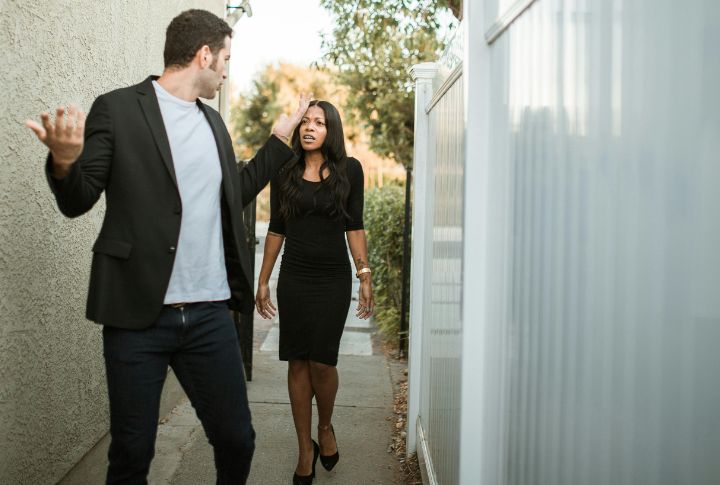
Words carry weight, especially in close relationships. If you’ve ever felt stung by a dismissive comment, you know how much tone and choice of words matter. A partner who genuinely cares avoids saying things that leave you doubting yourself. So, here are 10 common statements you won’t hear when real love is present.
“You’ll Never Change”

“You’ll never change” sounds final, like a sentence with no appeal. The intention dismisses growth outright and turns mistakes into permanent labels. It doesn’t describe a moment but defines an entire identity, leaving no space for recognition or the possibility of being understood differently.
“You’re Not Good Enough”

This phrase is a clear sign of a partner tearing down instead of lifting. It shows disregard for individuality and fails to recognize worth. A loving partner would never use words that question your value, because their role is to celebrate who you are, not diminish you.
“I Wish You Were More Like Them”

These words hint at absence, not presence. Instead of seeing your value, the partner points to what’s supposedly missing. It doesn’t invite growth but replaces appreciation with comparison. As a result, it leaves your identity measured against someone who doesn’t belong in your relationship.
“I Don’t Care About Your Feelings”

People say this when empathy is nowhere to be found. It shuts down emotions and signals that your voice doesn’t matter. Such dismissal weakens the bond between partners. Trust can’t grow in a space where feelings are brushed aside instead of acknowledged with care.
“I’m Just Too Busy”

When someone says this, the message is clear: you aren’t a priority. That reduces the relationship to an afterthought, where you are just an option or a circumstance. Instead of reassurance, it quietly says that you still need to earn their attention; otherwise, they won’t give it to you—not the case in love.
“I Don’t Love You Anymore” (As A Weapon)

Saying this during conflict leaves you walking on eggshells. It strips you of security and places fear at the center. The phrase turns affection into leverage that converts love from something steady into something uncertain and deeply unsettling in its intent.
“I Don’t Owe You Anything”

“I don’t owe you anything” shifts love into the language of debt. Such words treat connection like a balance sheet instead of shared care. Spoken aloud, they sound dismissive, making generosity feel forced and painting intimacy as an account to be settled.
“I Don’t Trust You”

Distrust creates walls that are hard to break through. Hearing “I don’t trust you” is like being judged without proof. Those words create distance instead of safety, and the bond begins to feel fragile. Accusations like this act as barriers that leave warmth overshadowed by constant questioning and the weight of mistrust.
“You’re Lucky To Have Me”

When affection becomes a declaration of dominance, the words “you’re lucky to have me” often appear. Instead of partnership, the tone becomes competitive. This remark implies that love is uneven and dismisses equality. It subtly reduces your value while positioning them as someone superior.
“I Don’t Need You”

Detachment isn’t strength—it’s also distance. Telling someone they aren’t needed reshapes love into a solitary act. It places pride above partnership and treats closeness as unnecessary. “I don’t need you” simply means that your absence wouldn’t matter. And a loving partner won’t be afraid to say you are important.

